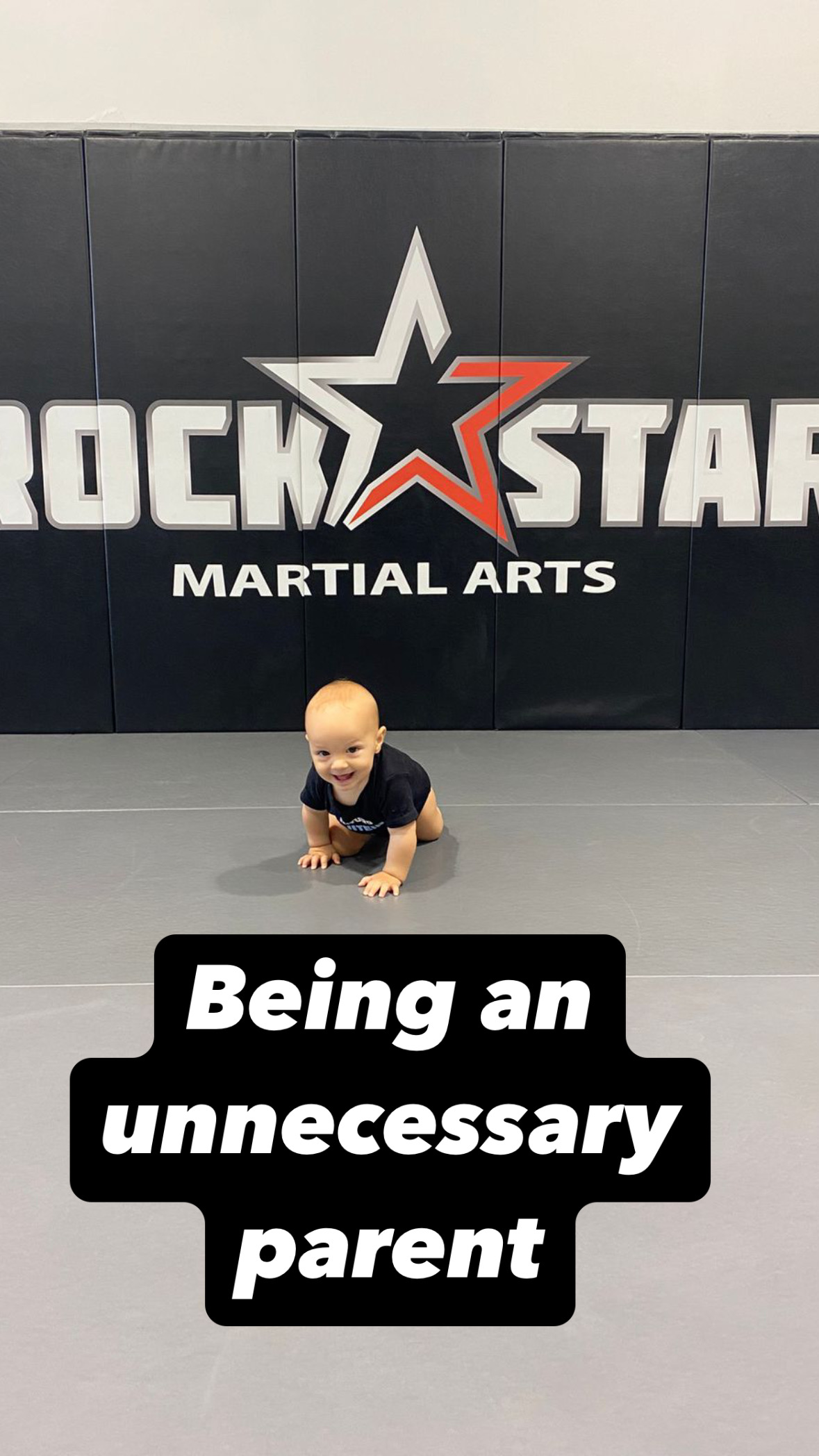When we say that parents should become “unnecessary,” it doesn’t mean they stop loving, supporting, or being present. It means preparing the child for life, allowing them to do things on their own — and jiu-jitsu offers perfect opportunities for this. 🔎 A Bond That Transforms At the beginning of life, a child needs their parents for everything: food, protection, affection. Over time, this bond changes. The child still needs their parents, but now they need them to: trust their small choices, allow them to try solving situations, give them space to experiment and even get frustrated.
In jiu-jitsu, this translates into small daily responsibilities that teach practical autonomy:
•Taking care of their own uniform – washing and organizing their gi.
•Maintaining personal hygiene – cutting nails before training.
•Tying their belt – learning to prepare for class independently.
•Bringing necessary equipment – water bottle, belt, gi.
Each of these actions is an opportunity to practice independence, showing the child they are capable of taking care of themselves.
🧠 Consequences of a Bond That Doesn’t Transform When parents don’t encourage these responsibilities, children may grow up without autonomy, becoming adults who: •Depend constantly on help for simple tasks;
•Struggle to complete projects on their own;
•Easily get frustrated when facing challenges. For parents, this leads to exhaustion and frustration, as they end up doing things the child could learn to handle themselves.
✨ Love That Sets Free Encouraging autonomy in the daily life of jiu-jitsu is also demonstrating love that frees:
•Encouraging the child to take care of their own uniform is a way of trusting them.
•Letting them tie their own belt is respecting their ability to learn.
•Allowing them to bring their own equipment is giving them space to be responsible. Psychoanalyst Donald Winnicott put it brilliantly: “The function of good enough parents is to make themselves unnecessary.”
🥋 Jiu-Jitsu as an Environment for Autonomy On the mat, children practice physical skills but also life skills:
•Autonomy → preparing themselves, taking care of their uniform, tying their belt.
•Responsibility → remembering to bring equipment, maintaining hygiene.
•Resilience → facing defeat and learning from mistakes.
•Discipline and organization → taking care of themselves and the training space.
🌟 Conclusion When parents understand that their role is encouraging autonomy through small responsibilities, children learn they are capable of taking care of themselves, not just in jiu-jitsu but in life. In the end, both on the mat and off it, the greatest gift parents can give is teaching the child to stand on their own — knowing that support will always be there when needed.
Now offering a free trial for all Prosper TX residents

